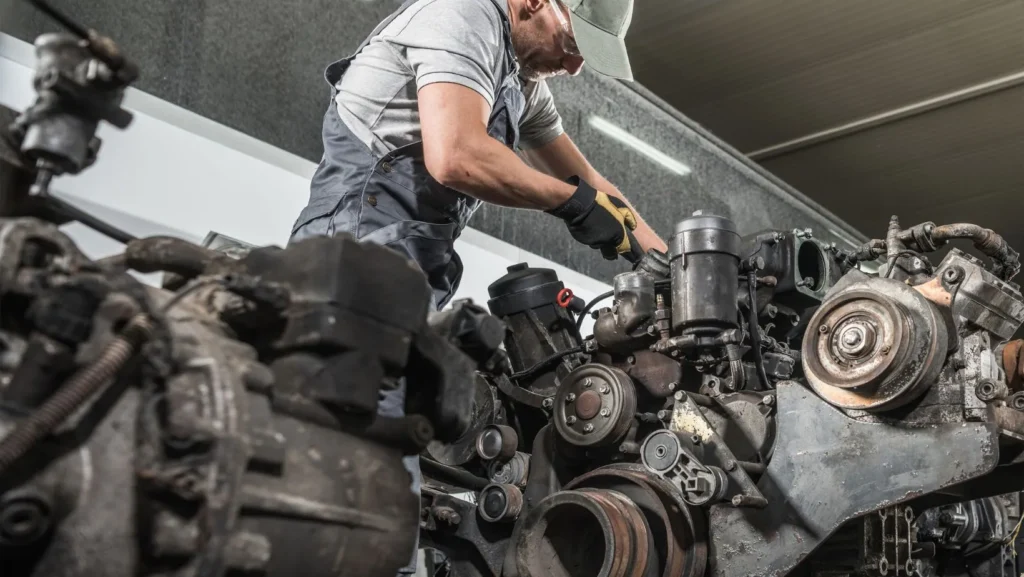Below are the learning outcomes for each of the study units in the ICTQual Level 3 Diploma in Mechanical Engineering program:
1. Engineering Principles
- Understand and apply fundamental mechanical engineering principles such as force, motion, energy, and thermodynamics.
- Analyze mechanical systems using concepts of statics and dynamics.
- Identify and apply material properties in engineering applications.
- Solve engineering problems using basic equations of mechanics and thermodynamics.
2. Mechanical Systems and Technology
- Demonstrate knowledge of various mechanical systems, including mechanical transmission systems, gears, and cams.
- Evaluate and design mechanical systems based on performance requirements.
- Understand the principles of automation, robotics, and control systems in mechanical engineering.
- Troubleshoot and repair mechanical systems, ensuring proper functionality and efficiency.
3. Materials Science for Engineering
- Understand the properties and behaviors of materials commonly used in mechanical engineering, such as metals, polymers, and composites.
- Apply material selection criteria based on performance, cost, and environmental impact.
- Analyze the effects of stress, strain, and temperature on materials in mechanical applications.
- Recognize the role of materials science in the design and manufacturing process.
4. Engineering Drawing and CAD
- Create and interpret engineering drawings using industry-standard conventions.
- Develop skills in using CAD software to design mechanical components and systems.
- Produce detailed technical drawings and 3D models for manufacturing and assembly processes.
- Apply knowledge of CAD tools to simulate and analyze designs in virtual environments.
5. Mechanical Maintenance and Fault Diagnosis
- Perform maintenance and repairs on mechanical systems and equipment.
- Apply diagnostic techniques to identify faults in mechanical systems and suggest appropriate solutions.
- Implement preventive maintenance schedules to improve system reliability.
- Understand the role of lubrication, wear and tear, and system components in maintaining mechanical equipment.
6. Health, Safety, and Environmental Practices
- Recognize and manage potential hazards in mechanical engineering environments.
- Conduct risk assessments and apply safe working practices in line with health and safety regulations.
- Understand environmental regulations and sustainability practices within the mechanical engineering field.
- Implement measures to reduce the environmental impact of engineering processes and promote sustainability.

